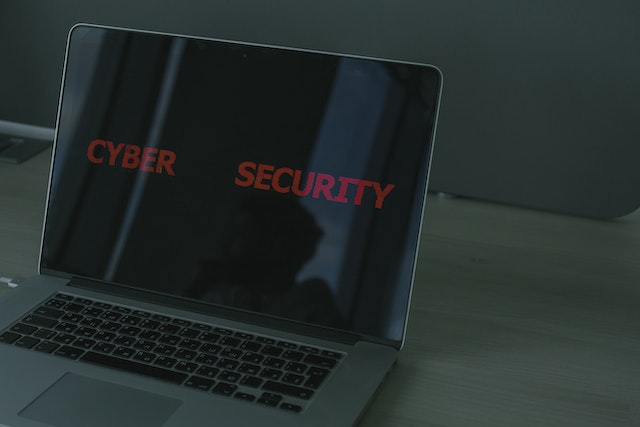Data privacy violation is a serious problem facing small businesses that are often unaware of the risks associated with their data. Unfortunately, hacks and other breaches of confidential information can occur anytime, causing tremendous damage to your brand image and financial loss to the company. Why risk being unprepared when there are simple steps you can take today to help protect your business against potential harm? Here are five essential tips to help you get started:
Create a Comprehensive Data Security Plan
A comprehensive data security plan should include physical, technical, and administrative safeguards to protect customer privacy from being compromised. This includes installing firewalls on your network and investing in antivirus software to protect against malware attacks. If you’re very concerned about data’s privacy, one of the best things you can do is hire cyber security consultants
Additionally, it is crucial to have a system in place for regularly backing up and updating your systems with the latest security patches. When implemented carefully, these measures can result in a much more secure environment for storing and sharing sensitive information.
Only Collect What You Need
When collecting customer information, only collect what you need to provide them with the service they requested from you or the product they purchased. Collecting excessive amounts of personal information increases the risk of potential misuse or abuse by those who have access to this information. Let customers know why their personal information is being collected and how your company will use it. It will help build trust with customers and minimize any potential issues related to privacy concerns.
Monitor Access to Your Systems
Businesses need to monitor who has access to their systems and what access they have, especially if multiple people are accessing or managing sensitive customer information stored within those systems daily. Having clear policies regarding who can access which areas within the system helps reduce the chances of unauthorized individuals gaining access to or viewing confidential customer information without permission.
Remember, cybersecurity for small business is accessible, allowing companies to keep up with the latest technology and trends in protecting their data. With many established companies offering sophisticated protection levels at an affordable price, small businesses can ensure that their data is safe from hackers and cyber threats.
Educate Employees On Data Privacy Practices
Employees should be trained on proper data security protocols, such as changing passwords regularly and not using public Wi-Fi networks when accessing confidential information. You should also provide employees with clear guidelines outlining what type of customer information they are allowed access to and enforce strict password policies across your organization. Implement security awareness training programs that teach employees to recognize common cyber threats such as phishing emails or malware attacks.
Use Encryption Technology
Encryption technology is an invaluable asset when it comes to the security of data. This technology encodes any data held within it so that the files cannot be read without a password or key, even in the event of unauthorized access. To properly ensure data security, encryption should be used both when storing data onsite and transferring it between different locations, such as sending emails. It is important to remember to keep your encryption software regularly updated to maintain optimal digital security.
Protecting your business’s data privacy is essential for ensuring compliance with various regulations and providing customers with peace of mind knowing their details are secure. By implementing these five tips, small business owners can take control over who has access to their systems and create a comprehensive plan for safeguarding sensitive customer information from potential threats. With the right tools and techniques, small businesses can rest assured that their valuable customer data remains safe from prying eyes.

